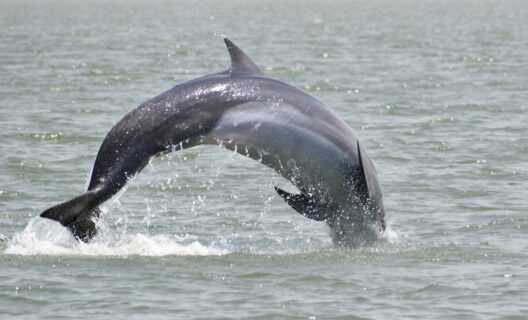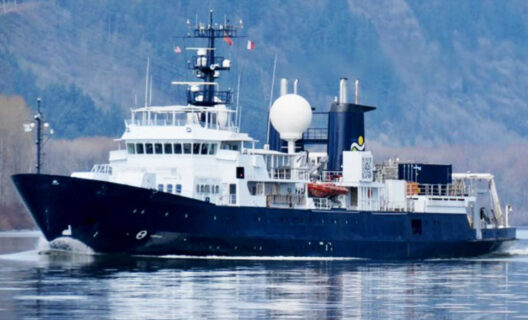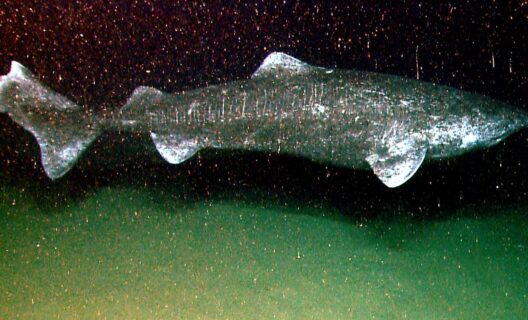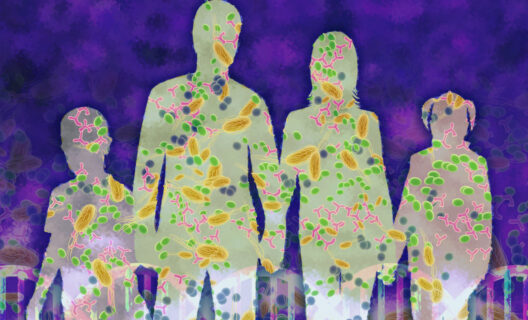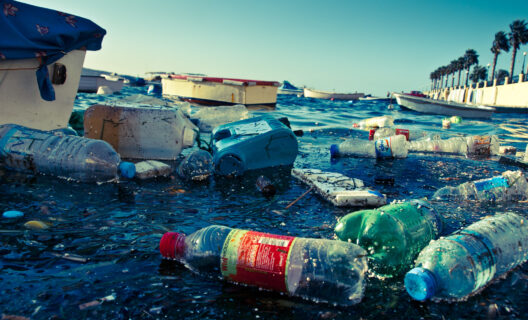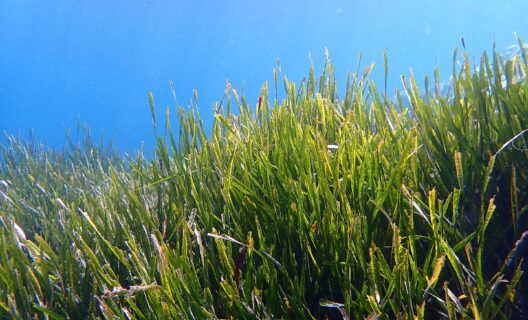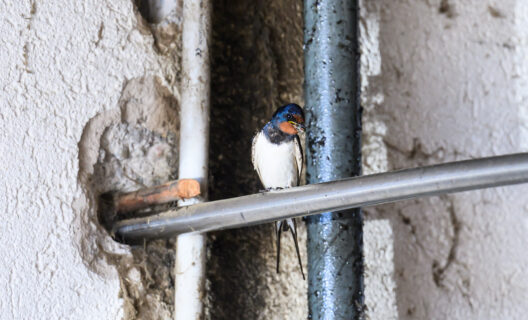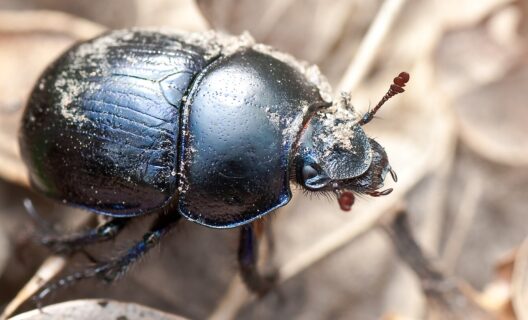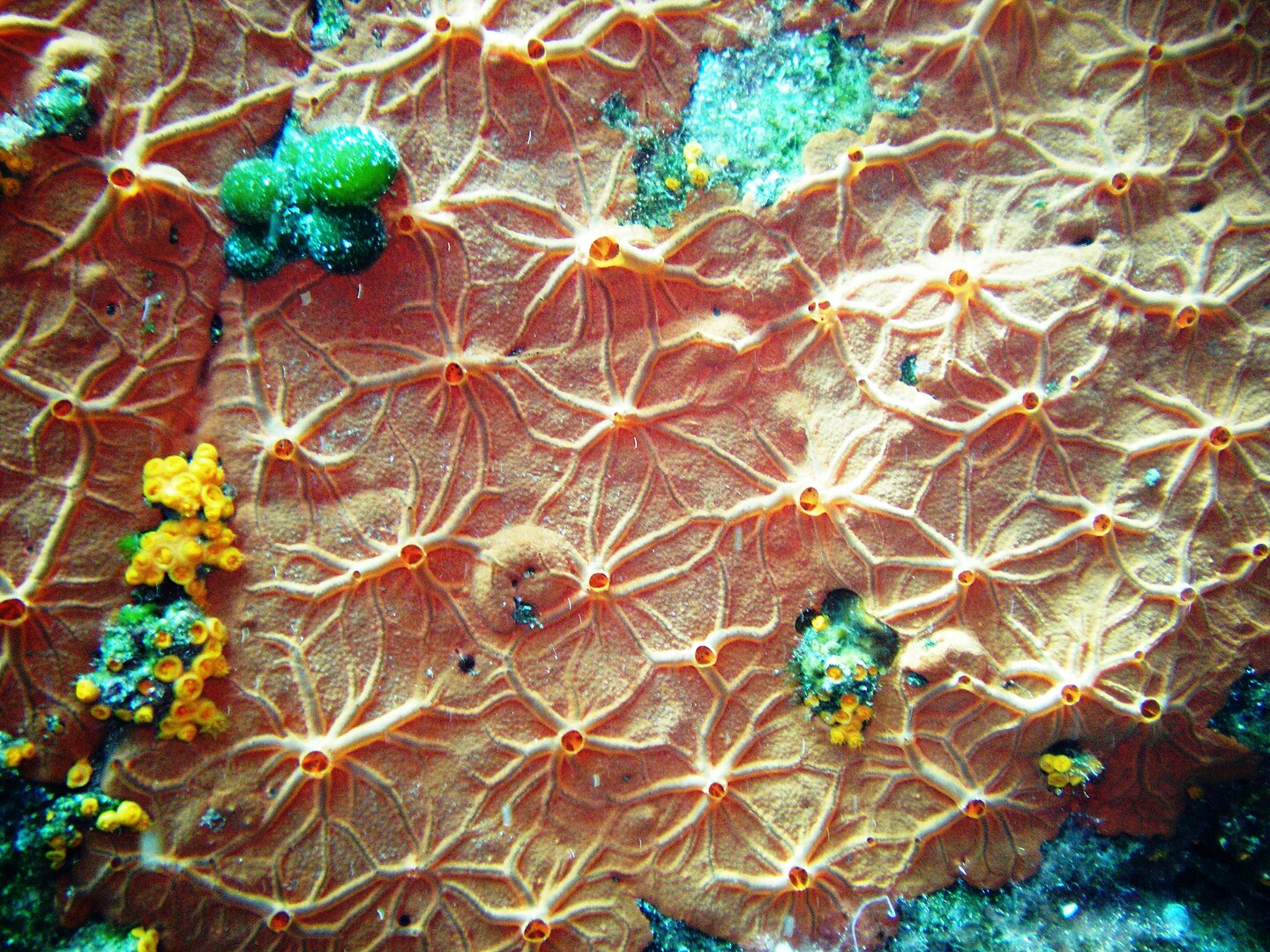
Acidic oceans, resilient sponges? Depends.
Reading time
0 min
Two compared species demonstrate very different adaptive capacities. And the picture becomes more complicated.
When it comes to ocean acidification-that is, the process of continual change in ocean chemistry due to the absorption of carbon dioxide from the atmosphere, a phenomenon that can lead to a loss of biodiversity-sponges are usually considered “winners”: they tolerate a wide range of stressful environmental conditions, and they possess a siliceous, not calcareous, skeleton, which makes them less susceptible than corals and mollusks to ongoing changes. But not all sponges react the same way.
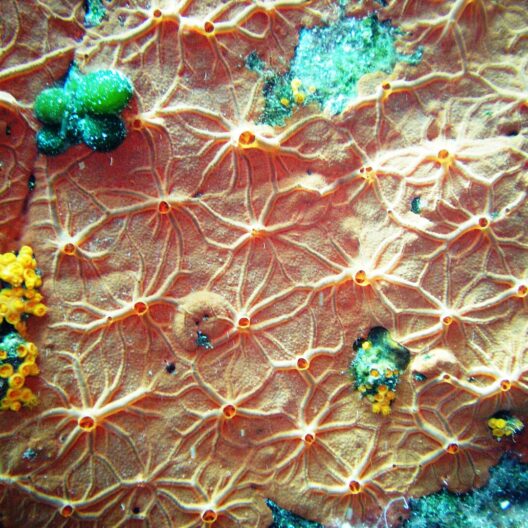
To better understand the different adaptation strategies, research, conducted by scientists at the Anton Dohrn Zoological Station and NBFC, focused on two sponge species living near the island of Ischia. The area considered is characterized by the presence of CO2 hydrothermal vents, due to underwater volcanic activity. It therefore presents a naturally acidified environment, similar to the way we imagine the oceans of the future: high CO2 and low pH.
Two sponges, two reactions
The two sponge species analyzed by the scientists, Chondrosia reniformis and Spirastrella cunctatrix, react differently.
First, C. reniformis, restructures its microbiome, which proves stable and functional even under stressful conditions, and shows no signs of morphological stress, that is, it maintains its shape and size. The second, S. cunctatrix, on the other hand, shows signs of dysbiosis, i.e., imbalance: the microbial communities living within it are altered, the tissues thinned, the surface area reduced.
With respect to what has been observed, the researchers conclude that in the face of ocean acidification, all sponges are not equal: some species, such as C. reniformis, show resilience and positive adaptations, while others, such as S. cunctatrix, experience stress and potential negative effects. Genetic, physiological and functional differences among sponge species affect their ability to thrive under acidifying conditions.
In conclusion, they suggest, the impact of ocean acidification on marine ecosystems may be more complex than previously assumed.



